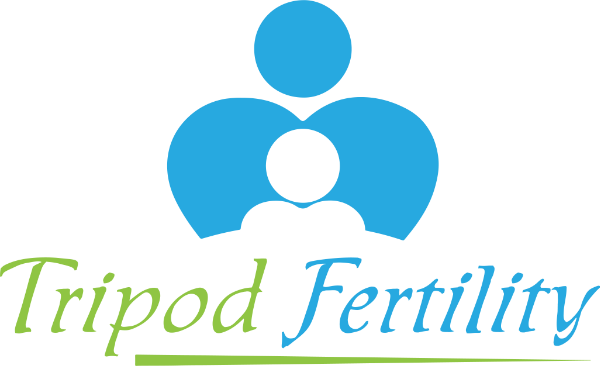
IUI vs IVF: Which Treatment Is Right for You
If you have been unsuccessful in your attempts to get pregnant, you may have gone online to search for a fertility hospital near you, but have you found an appropriate establishment? Other than choosing which fertility centre in Toronto, you face more decisions, such as what treatment to try. Both IUI and IVF treatments have distinct advantages, so you need to consider which will suit you.
What is IUI?
IUI stands for intrauterine insemination. It uses a narrow, flexible tube known as a catheter to deliver concentrated sperm directly into your uterus during ovulation. The treatment cycle takes about two weeks. It aims to maximize the chance that sperm and egg will meet and fertilize.
You’ll have a thorough consultation process at your fertility centre in Toronto, generally about a month before you start your treatment cycle. The staff will begin to monitor your ovulation with the aid of blood tests and ultrasounds. Tablets or injections may be offered to you to help the process. Sperm is collected, or thawed if previously frozen, on the day of insemination. The insertion of the catheter and sperm should not take more than ten minutes.
What is IVF?
In vitro fertilization, or IVF, involves combining sperm and eggs outside of the body in a laboratory setting. Medications stimulate the ovaries to produce multiple eggs. These eggs are then retrieved from the ovaries. A sperm sample is collected from the intended parent or a donor. In a laboratory, the eggs and sperm are combined and the fertilized eggs (embryos) are monitored in an incubator for a few days as they develop. Three to six days later, if fertilization is successful, the embryo can be transferred back into the uterus, or frozen for future use.
There are different options for IVF depending on how intensive you want the treatment to be. For stimulated IVF, you will need two weeks of injections, while being monitored with regular blood tests, before the 10-15-minute retrieval process. Mini IVF is similar, but uses a lower doses of hormones. Natural IVF does not involve medication, just monitoring to ensure egg retrieval happens at the most opportune time. Your doctor may also recommend ICSI, Intracytoplasmic Sperm Injection, an option that selects a single sperm and injects it directly into the egg.
How do you choose which is most appropriate for you?
Both IUI and IVF should be available in any fertility centre in Toronto. You will need to discuss your specific circumstances and the particulars of both treatment approaches with your doctor to decide which is most appropriate for you. In general, IUI is considered the simpler treatment. It is less invasive than IVF and will cost less, but the rate of success is also lower. IVF is the most reliable and successful approach. However, it is more intensive in terms of time and money, and it is an invasive procedure.
Because it’s less invasive and more affordable, IUI is often considered before IVF. It may be suitable for people using donor sperm, single women, same-sex couples, or heterosexual couples experiencing sexual dysfunction. IUI can also be used in cases of unexplained infertility.
However, IUI isn’t appropriate for everyone. If you have blocked fallopian tubes, severe endometriosis, poor egg quality, low ovarian reserve, or male factor infertility, your fertility doctor is likely to recommend IVF instead. Age also plays a role. If you’re in your late 30s or over 40, you may be advised to opt for IVF. As women age, both egg quantity and quality decline, reducing the likelihood of success with IUI.
In contrast, IVF provides a more reliable and controlled option, particularly when female fertility issues are present or time is limited.
Conclusion
When you visit a fertility centre in Toronto, you will have to choose your preferred treatment – IUI or IVF. In many cases, the fact that IUI is more affordable and less invasive makes it a first option, particularly if using donor sperm. In certain medical conditions, IVF may be more efficient and effective.

